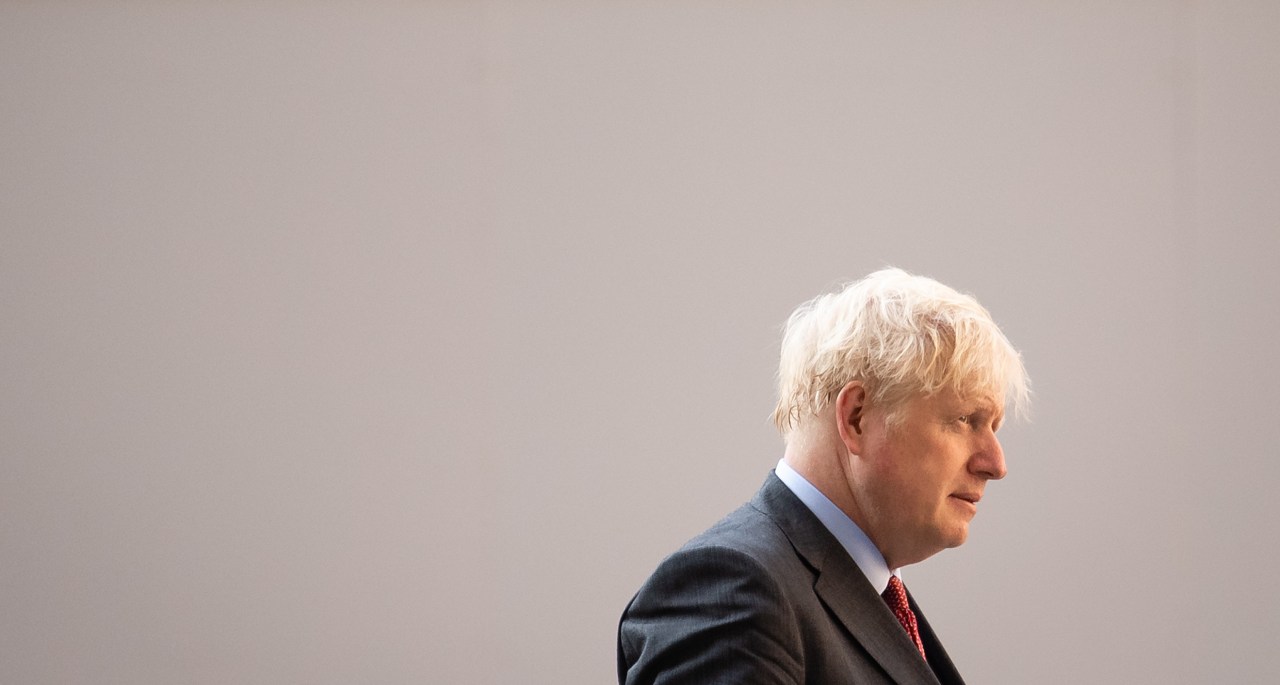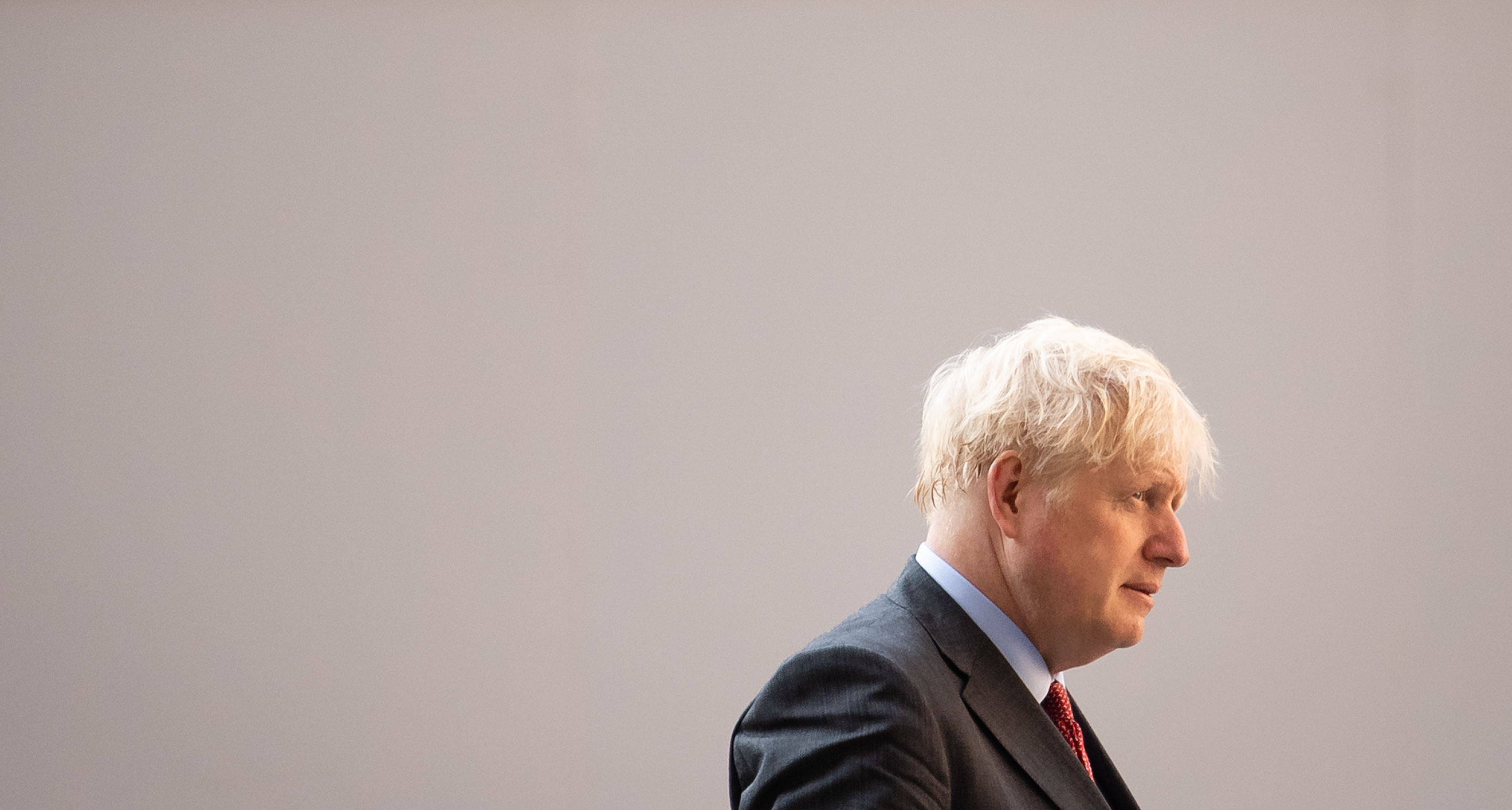The government now knows that the country is losing the battle against Covid-19. Boris Johnson has announced a series of new restrictions on our daily lives which, he suggests, could last up to six months. After the first national lockdown, the government made clear that it was putting its faith in people to act responsibly, as well as its emerging track and trace system and enhanced testing capacity. Stopping the daily briefings was a particularly loud message, louder than any of the others that the government has since tried to communicate: that we were past it.
Indeed, the government should have been fully cognisant to the fact that people do not always act responsibly and are not immune to the effects of mixed messages or information burnout. The public is not going to blindly trust government advice when promises are broken over track and trace, comprehensive testing and PPE supplies.
It is largely because of these failures that we find ourselves in today’s bleak situation. People relaxed and social distancing — a key pillar of health protection — was frequently ignored. Mix in other factors like the mass movement of people ahead of universities re-opening and during the summer holidays and here we are.
Nobody wants this — but there is no win-win situation here
The Prime Minister was right when he said that we urgently need stronger action to get case-rates under control. But, as we have seen before, there is no single action more effective in sharply reducing case-rates than a full national lockdown. In my view, this may need to be done soon and for at least 24 days,
This is because for the majority of cases, Covid-19 has a maximum incubation period (the time between exposure to the virus and symptom onset) of up to 14 days, and the infectious period can remain for a further 10 days. While for most people the incubation and infectious periods are much shorter, if we are to act strongly and instigate a full lockdown, then we should try to produce as much clinical impact as possible and aim further than the previously suggested ‘circuit break’ of two weeks.
The idea of a full national lockdown is understandably anxiety-provoking. Nobody wants this — but there is no win-win situation here. Rather, our situation is one of damage limitation. The suppression measures announced today, such as closing pubs and restaurants by 10 p.m., asking people to work from home if they can, and a call to act more responsibly, are unlikely to have a significant impact.
People will continue to come into close contact with others, the virus will continue to find more people to infect, and rates of morbidity and mortality will rise. The main risk now is that we will instead face a longer, harder, national lockdown during a time when there will be the usual winter pressures for the NHS. A 24-day national lockdown is unlikely to be fatal to our economy, but one that lasts several months during the winter period may be.
The last UK-wide lockdown was incredibly tough for many, but it also bolstered our resilience, gave us fresh perspective on the importance of health and provided the opportunity to learn new ways to cope and support each other. With the experience of one national lockdown already in hand, we will be much better placed to adapt and cope with a second lockdown, especially one much shorter than the last.
And after such a lockdown case-rates will drop, the NHS will be in a stronger position for the winter period, and the critical tools of track and trace, testing and surveillance will be better able to cope. Ultimately and most importantly, more people will be alive.
Now listen to today’s Coffee House Shots podcast with Cindy Yu, Katy Balls and James Forsyth on Boris’s new restrictions:






